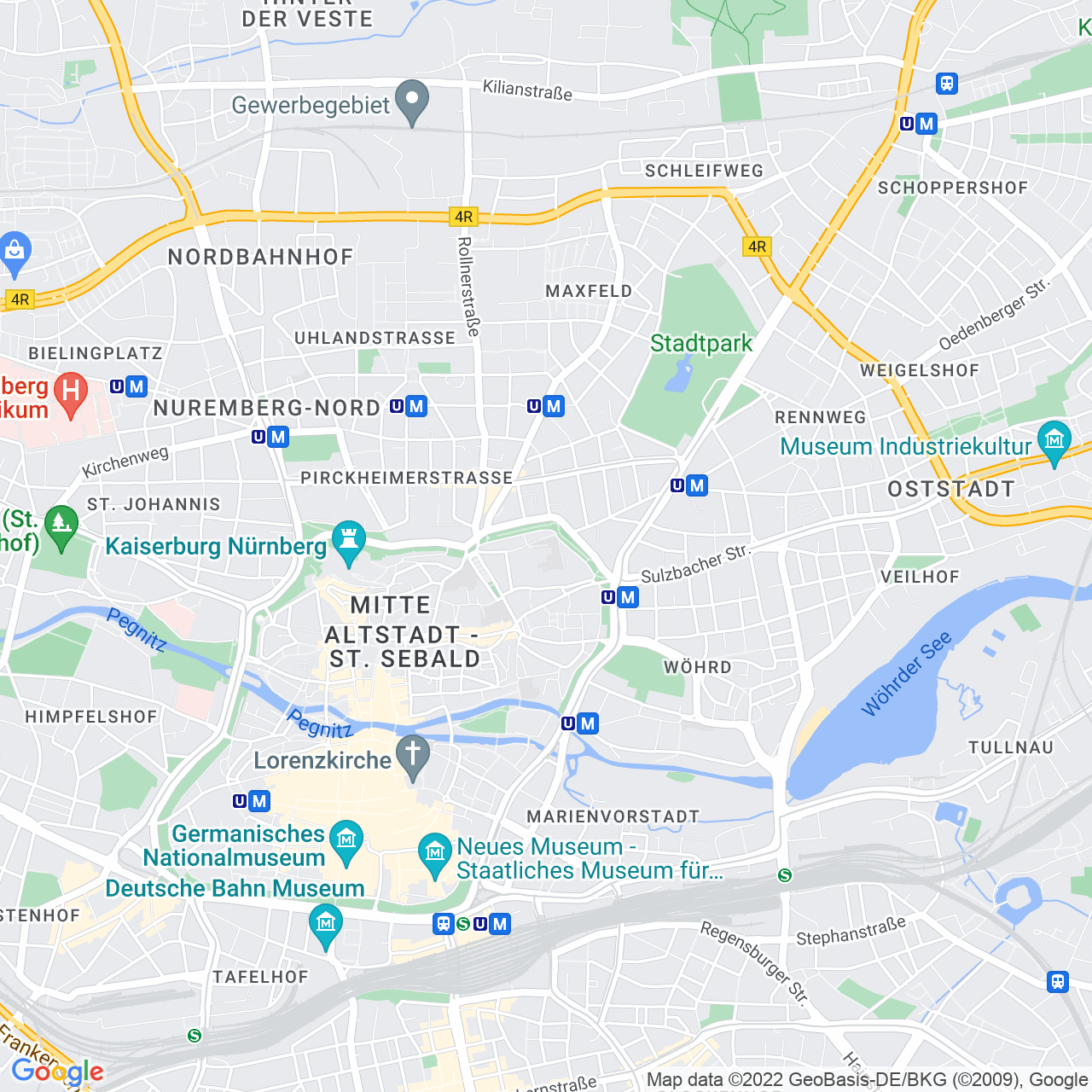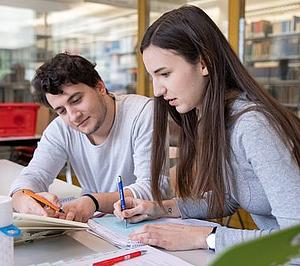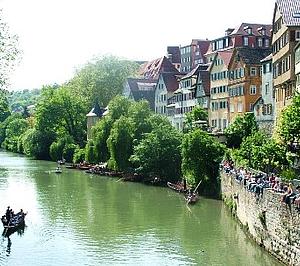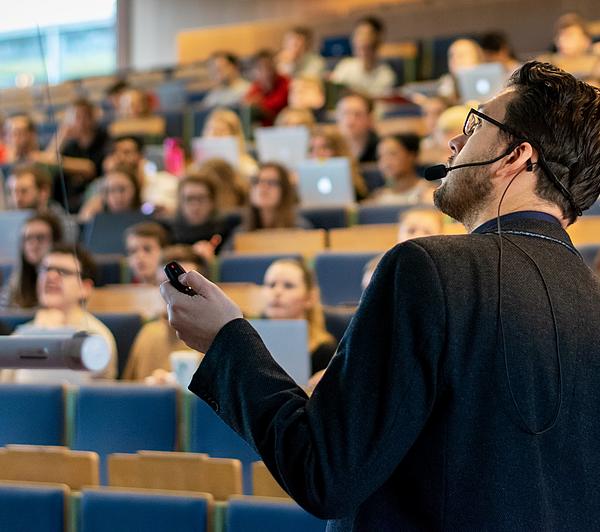Speichere Deine Lieblingsstudiengänge in der Favoritenliste
Bei über 650 Hochschulstandorten und mehr als 20.000 Studienangeboten allein in Deutschland verliert man leicht den Überblick. Mit den studieren.de-Favoriten ist es vorbei mit dem Notizenchaos. Du kannst Deine Studienwahl bequem organisieren und behältst genau die Studienangebote und Hochschulen im Blick, die Dich interessieren.
Und so geht’s:
Sammle einfach Deine Favoriten, indem Du das Stern-Symbol () anklickst; Du findest es bei jedem Studiengang. Deine Auswahl siehst Du, wenn Du am oberen Seitenrand auf „Favoriten“ klickst.
Sichere Deine Auswahl ab, indem Du in der Übersicht Deiner gemerkten Studiengänge auf das Download-Symbol () klickst. Dann bekommst Du per Mail einen Link, über den Du Deine Favoriten wieder abrufen und weiter bearbeiten kannst. Sobald Du Deine Favoriten einmal gespeichert hast, werden alle Änderungen, die Du vornimmst, automatisch übernommen. Deine Favoriten bleiben weiterhin über den Link in der Mail abrufbar.
Wichtig: Deine Favoriten werden 3 Monate nach Deinem letzten Abruf oder Deiner letzten Bearbeitung automatisch gelöscht.










